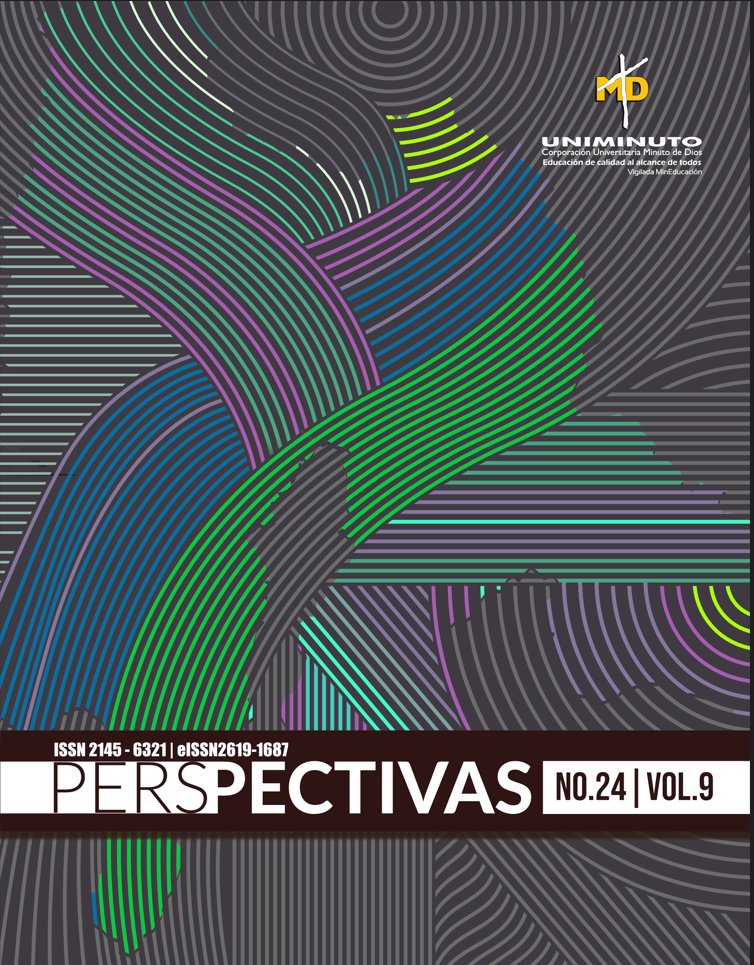Exploración del rendimiento académico y evaluación de las Pruebas Saber 11° mediante técnicas estadísticas multivariadas (TEM)
Contenido principal del artículo
Resumen
El éxito de un colegio se ve reflejado en gran medida en su nivel académico, el cual puede ser evaluado mediante el rendimiento de los estudiantes en las asignaturas que cursan a lo largo de su trayectoria educativa, así como en los resultados obtenidos en exámenes externos como las Pruebas Saber 11°. Estas evaluaciones son realizadas por todos los estudiantes de grado undécimo en Colombia, bajo la supervisión del Ministerio de Educación Nacional (MEN). Los resultados de estas pruebas otorgan a los colegios una clasificación a nivel nacional, que representa un elemento crucial para que nuevas familias elijan una institución educativa como modelo académico para sus hijos. A pesar de que en Colombia se han llevado a cabo diversos estudios sobre los resultados académicos, existe una escasa cantidad de investigaciones que se centren en cómo influyen los resultados académicos específicos de una institución en comparación con los resultados de las Pruebas Saber 11°. Por esta razón, este análisis busca identificar elementos que demuestren si los planes académicos de una institución están efectivamente mejorando los resultados obtenidos en las Pruebas Saber 11°. Con el fin de lograr este objetivo, se emplearán técnicas de estadística multivariada (TEM) para construir instrumentos estadísticos que permitan comparar los resultados de las Pruebas Saber 11° con los resultados académicos. Se analizará mediante TEM si los procesos académicos internos de un colegio potencian o no los resultados de las Pruebas Saber 11°. Se llevará a cabo un comparativo de los años 2019 a 2021 de los resultados académicos y de las Pruebas Saber 11° utilizando TEM. Por último, se generará un insumo a partir de TEM que permita evaluar la institución año a año, según sus proyecciones académicas institucionales. En este estudio, se evaluó una base de datos que incluye información de 1428 familias de un colegio en Medellín. Los datos recolectados se analizaron utilizando TEM.
Detalles del artículo
Número
Sección

Esta obra está bajo una licencia internacional Creative Commons Atribución 4.0.
Cómo citar
Referencias
Constitución Política de Colombia [Const]. 7 de julio de 1991 (Colombia). http://www.secretariasenado.gov.co/senado/basedoc/constitucion_politica_1991.html.
Díaz Monroy, L. G. (2007). Estadística multivariada: inferencia y métodos. Universidad Nacional de Colombia.
Instituto Colombiano para la Evaluación de la Educación. (2016). Resolución 457 de 2016. Por la cual se reglamentan las metodologías utilizadas con ocasión del Examen de Estado, Icfes SABER 11 y se dictan otras disposiciones. D. O. n.° 49.939 de 19 de julio de 2016. https://alphasig.metropol.gov.co/normograma/compilacion/docs/resolucion_icfes_0457_2016.htm
James, D., Witten, D., Hastie, T. y Tibshirani, R. (2013). Introduction to statistical learning. Springer.
Johnson, R. y Wichern, D. (2007). Applications of multivariate technique. Pearson Education.
Ley 115 de 1994. Por la cual se expide la Ley General de Educación. 8 de febrero de 1994. https://www.mineducacion.gov.co/1621/articles-85906_archivo_pdf.pdf
Ley 715 de 2001. Por la cual se dictan normas orgánicas en materia de recursos y competencias de conformidad con los artículos 151, 288, 356 y 357 (Acto Legislativo 01 de 2001) de la Constitución Política y se dictan otras disposiciones para organizar la prestación de los servicios de educación y salud, entre otros. 21 de diciembre 2001. https://www.mineducacion.gov.co/1621/articles-86098_archivo_pdf.pdf
Ministerio de Educación Nacional. (2008). Evaluación para los aprendizajes. Al Tablero: Periódico de un país que educa y que se educa. https://www.mineducacion.gov.co/1621/article-162342.html

